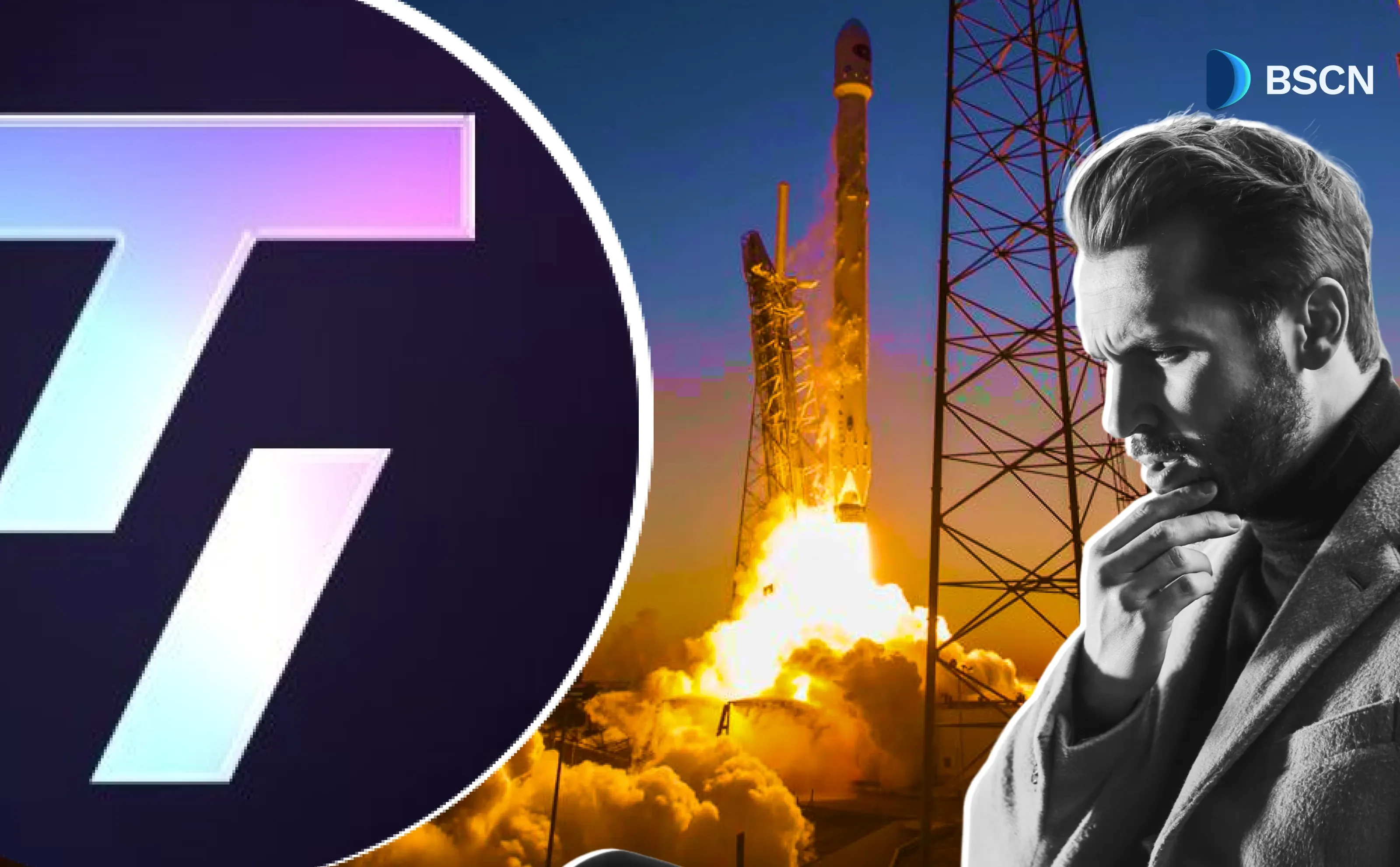WEB3
China Recognizes "Virtual Asset" Transactions in New AML Law Interpretation Amid Crypto Unban Rumors

The announcement has fueled speculation about a possible unban of crypto, especially after a provocative tweet from Justin Sun.
BSCN
August 20, 2024
China’s Supreme People’s Court and the Supreme People’s Procuratorate have revised the country’s Anti-Money Laundering (AML) laws to include “virtual asset” transactions as a recognized method of money laundering.
Since January 1, 2007, China's anti-money laundering laws have undergone their first significant update in almost 20 years. The new interpretation now explicitly acknowledges virtual assets in the context of money laundering.
Crypto Unban Rumors Stirring the Pot
This legal update came as speculation arose about the potential unban of crypto in China.
On August 18, Justin Sun, a prominent figure in the crypto community, sparked speculation with a tweet asking, “China unbans crypto. What’s the best meme for this?” This provocative post sparked conversation, leading to debates and conjecture among cryptocurrency enthusiasts and industry insiders.
China 🇨🇳 unbans crypto. What's the best meme for this?
— H.E. Justin Sun 孙宇晨(hiring) (@justinsuntron) August 18, 2024
Adding to the speculation, Chase, co-founder of the Solana Virtual Machine (SVM) project Molecule, suggested that China may have “shadow-unbanned” crypto years ago, hinting at a more cautious approach to its crypto ban.
Further, on July 14, Mike Novogratz, CEO of Galaxy Digital, tweeted about potential plans to lift the Bitcoin ban by late 2024. Even though Novogratz deleted his tweet, some critics argue that such a move would impact China's currency and would likely be accompanied by strict regulations.
Historical Context and Recent Speculations
China’s relationship with cryptocurrencies has been volatile. The government imposed a ban on crypto exchanges in 2017, which was later extended in 2021 to include crypto trading and mining.
This comprehensive ban led to a significant 50% drop in Bitcoin’s value and caused many cryptocurrency miners to relocate outside China. The government’s stringent measures were justified as necessary to combat financial crimes and maintain financial stability.
In March of this year, China’s government-backed publication, Economic Daily, reiterated its caution against cryptocurrency investments. The article expressed concerns about the potential implications of new Bitcoin ETFs in the United States, particularly regarding their accessibility to residents of mainland China.
Disclaimer
Disclaimer: The views expressed in this article do not necessarily represent the views of BSCN. The information provided in this article is for educational and entertainment purposes only and should not be construed as investment advice, or advice of any kind. BSCN assumes no responsibility for any investment decisions made based on the information provided in this article. If you believe that the article should be amended, please reach out to the BSCN team by emailing [email protected].
Latest News
Crypto Project & Token Reviews
Project & Token Reviews
Comprehensive reviews of crypto's most interesting projects and assets
Learn about the hottest projects & tokens
Latest Crypto News
Get up to date with the latest crypto news stories and events







